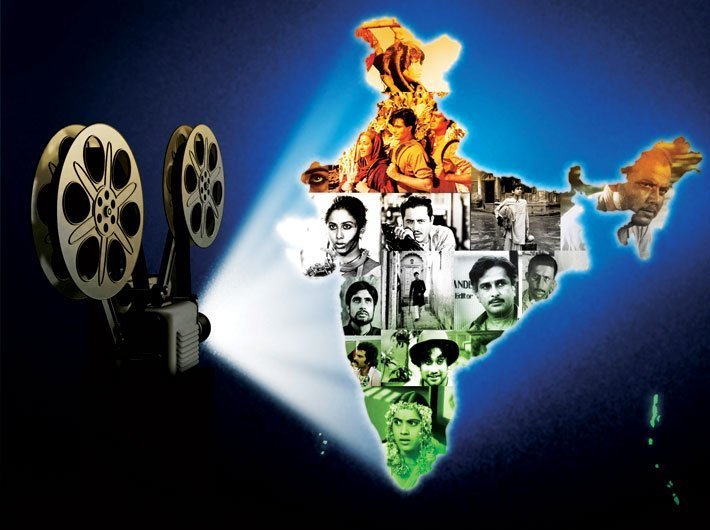The Cinematograph Bill: A movie recall by government after certification takes the matter to a level where the cure could be worse than the disease
On June 18, the Ministry of Information and Broadcasting has proposed to introduce the Cinematograph (Amendment) Bill, 2021 and sought public comments thereon. The most controversial part relates to the contents of Para 1 (C) in that feedback paper which proposes to amend Section 6 of the Cinematograph Act. In simple terms, it empowers the Government to reverse the decision of the (Censorship) Board after a film is certified for release, on receipt of any complaint.
The Supreme Court in 2000 had already held that the government cannot exercise revisional powers in respect of any film already certified by the Board. The Court had opined that the judicial order can be overruled by enacting suitable legislation. And that is the background of current proposed amendment.
Agreed, Freedom of expression guaranteed by the Constitution is not absolute and reasonable restrictions can be placed on various grounds like sovereignty and integrity of India, security of state, friendly relations with other states, public order, decency, or in relation to contempt of court.
Yes. The artistic freedom of cinema has to be regulated within those boundaries. But that is what the Censorship Board is supposed to verify when certifying a movie. Well, there could be cases where complaints may surface on a later date pointing out that these things have not been seriously examined due to oversight, lack of application of mind etc. There is a solution. In the proposed amendment, one proviso empowers the government to direct the chairman of the Board to re-examine it. That is fair, nobody is infallible. And the Board is no exception.
But a recall of a movie by the government after certification takes it to a level where the cure could be worse than the disease for reasons as given below:
1. There is thankfully now move towards greater transparency in film financing. Business confidence requires certainty. Nobody will venture into film financing if there is an apprehension that a film could be withdrawn at any stage.
2. Morality is a very relative concept. If films can be withdrawn due to moral ground, there will be sects of moral policing burgeoning.
3. Microscopic vocal chauvinistic bigots may exploit the situation to trample rationality of vast silent majority.
4. Storytelling, particularly those relating to past, epic periods, will get mired with intractable controversies.
5. It could lead to a situation that gives a new set of extortionists who could threaten producers to file complaints and build up public pressure if they are not paid. Business rivals might start a cold war to undercut each other.
To explain it in simple terms, let me give an example. In our democracy, a set of rulers are elected for a term to work and deliver results. There are instances, when people do not play by rules, elections are unfair, and to address such irregularities and malpractices, there are bodies like the Election Commission and courts to handle it. Imagine a situation where the government itself is empowered to recall a duly elected representative on the basis of some complaints. Plain and simple, it will open up floodgates of anarchy. Just like that if there is a complaint against a movie, let the Censorship Board review it. Let courts decide the case. But empowering the government to withdraw a movie – that will be sounding an alarm bell of arts and commerce around movies. There has been a lot of controversies on emerging regulations around social media and OTT platforms. At this juncture, adding up another controversy will be ill timed and ill advised.
For God’s sake let me have my two-odd hours of entertainment uncut and uninterrupted. If I do not like a movie, I will not step into the theatre or boycott it. That is my choice. It is not for the government to prescribe for me what I need to see or not.
Mishra is a public policy analyst.
